Ouija Boards: Horror or Hoax?
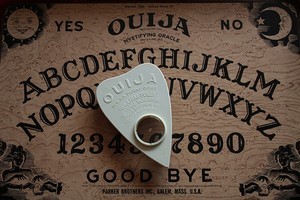
labeled for noncommercial reuse via tumblr
The room is dark, illuminated by a single candle. In the center of the room, you and your friends laugh, throwing accusations at one another as the planchette glides across the board.
“You’re moving it!”
“No, you are!”
Suddenly, the triangular piece starts moving quickly; it’s making figure-eights across the board. Is it a ghost trying to escape the board, or another prank by a friend? No one wants to know for sure. The laughter dies, and in a panic, you slam the planchette down on “Goodbye,” ending the game.
Sound familiar?
Talking boards used to communicate with the dead have existed for centuries. After the American Civil War, one particular variety of board rose in popularity as mediums used it to connect war survivors with deceased family members:
The Ouija board.
Pronounced “wee-JEE,” the Ouija board is a flat, rectangular board with “yes” and “no” at each top corner, letters and numbers in the center and the word “goodbye” at the bottom. The triangular planchette that comes with the board is used by the speaking spirit to pinpoint letters.
What are the rules?
At least two people sit with the board between them and place two fingers from each hand on the planchette. Then, they swirl the planchette around the board and begin asking questions. Ghosts (or even demons!) can answer them.
Now, the Ouija board has evolved into a popular game and is sold at Target, Walmart, Barnes and Noble, and even (before its closing) Toys R Us. Kids, teens and adults alike play it for a spooky night of fun.
But is it real?
Many paranormal enthusiasts and religious people strongly advise against using a Ouija board. Those who object to it argue that it “can be a doorway to unknown dimensions,” according to ThoughtCo. Spirits or demons could potentially invade users’ homes and even possess them. The chance that someone, or something, could come through the board is too risky for many people to even consider using one.
“You hear all these stories of the Ouija boards turning bad, so why wouldn’t they be real and stuff? [People] keep saying, ‘Don’t play with them!’ so why would you play with them?” freshman Abeni Nelson said. “I don’t wanna say ‘bonjour’ to a demon!”
However, according to skeptics, the Ouija board is just a simple game that plays on subconscious thoughts, emotions and desires to spell out what players really want to see. Vox asserts that the cause is simple: a psychological phenomenon known as the ideomotor effect.
“The ideomotor effect is an example of unconscious, involuntary physical movement — that is, we move when we’re not trying to move.”
When players ask a question, thoughts and memories related to that question will pop up, and their fingers will move the planchette. For example, asking the board, “What are you?” while sitting in a dark room could conjure memories from horror movies or scary stories related to malicious entities. Then, your subconscious spells out an answer from the compiled ideas (and scares the life out of you) through the letters you see on the board!
To test the theory, researchers blindfolded Ouija players and had them play the game. Unable to see the board and unleash their ideomotor power, “blindfolded participants [spelled] much more incoherent messages,” according to Vox. This is because the effect relies on visual stimuli; if ghosts really use Ouija boards, they’d be able to create messages regardless of whether the people using the board could see it or not.
Nelson refuted the scientific explanation by saying that ghosts need players to have their eyes open and unblocked because “eyes are the [window] to your soul” and without them, ghosts can’t use spiritual energy to manipulate the planchette and make words.
Junior Molly Guiberson disagrees, saying, “I have no reason to believe evil spirits exist.”
“I don’t think an insubstantial force could have any influence on [a] material object or person,” added junior Jaxon Mawheeney.
Ultimately, the skeptics say that psychology, not spirits, control the answers users receive from the board.
Does this disprove Ouija boards completely? Are they a hoax, or can players really contact the dead?
The answer lies beyond the grave.




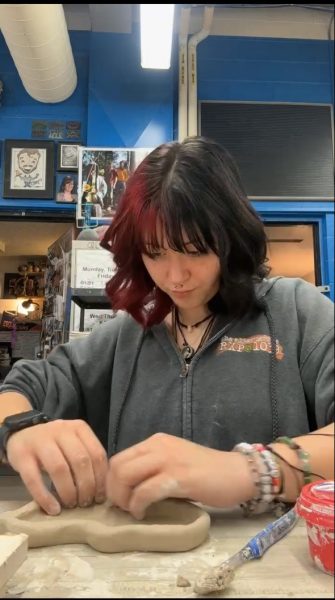


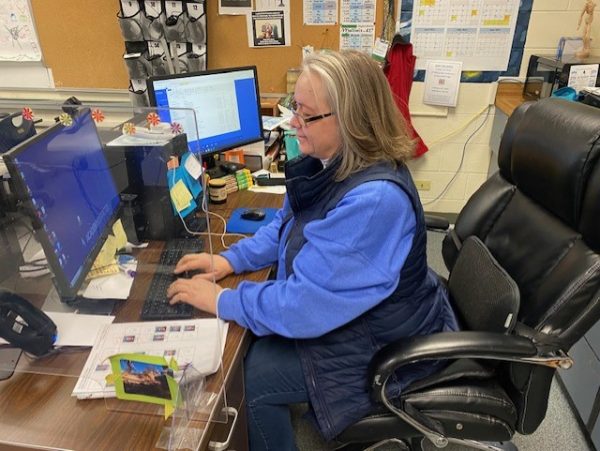

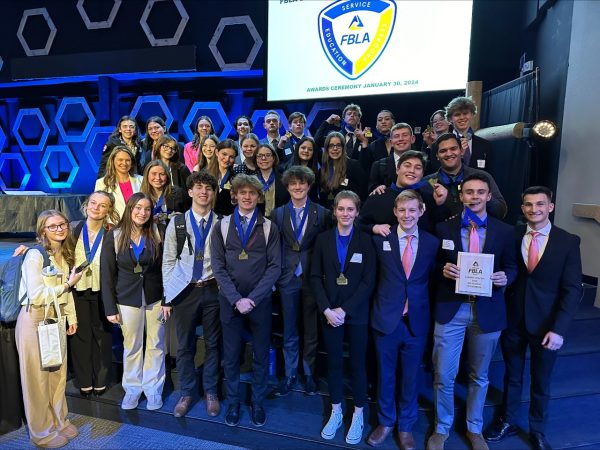


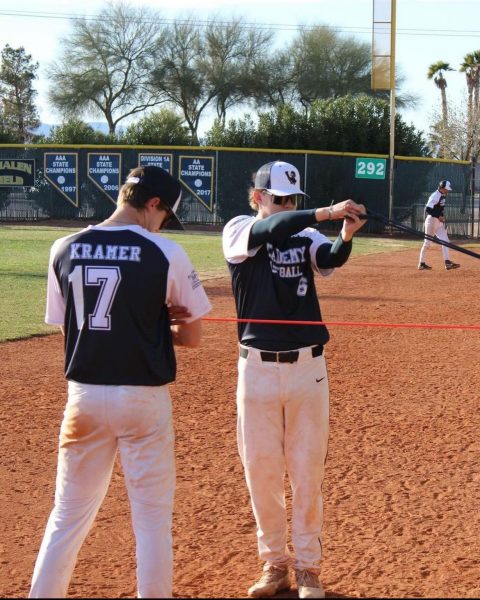

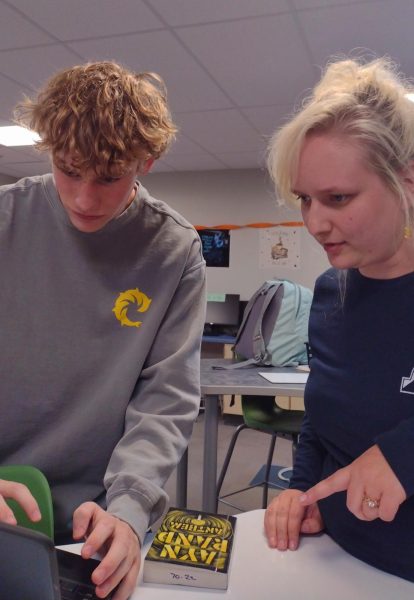


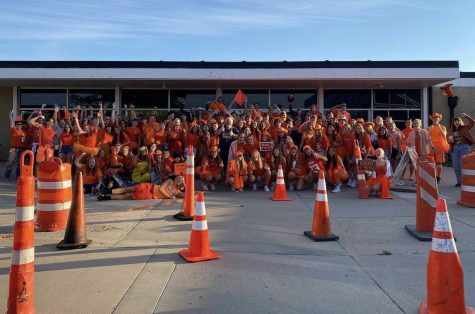
Lydia Huzij • Oct 16, 2018 at 8:19 am
Demons and angels do exist. Ghosts don’t. And you really shouldn’t use the board, better safe than irrevocably sorry in my opinion.